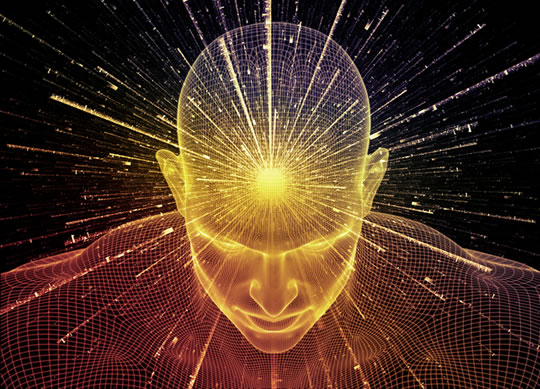Even three months later those who combined both techniques had the best recall, study finds.
Rewards combined with naps can help you learn, a new study finds.
When memories are linked to rewards, researchers found they stick better in the brain.
Adding a short nap afterwards can provide an extra boost.
Dr Kinga Igloi, who led the research, said:
“Rewards may act as a kind of tag, sealing information in the brain during learning.
During sleep, that information is favourably consolidated over information associated with a low reward and is transferred to areas of the brain associated with long-term memory.
Our findings are relevant for understanding the devastating effects that lack of sleep can have on achievement.”
In the study people were given pairs of pictures to try and remember.
Some took naps after learning, while others did not.
Sometimes participants were given small rewards after learning as well.
The study revealed that people remembered the pairs of pictures better when they received a reward.
But it was the group that slept after learning that performed the best overall.
Brain scans also showed that those who slept had higher activity in the hippocampus, an area vital to forming new memories.
People were asked back into the lab three months later for a surprise test.
Even three months later the group who were rewarded and slept after learning had the best recall.
Dr Igloi said:
“We already knew that sleep helps strengthens memories, but we now also know that it helps us select and retain those that have a rewarding value.
It makes adaptive sense that the consolidation of memory should work to prioritise information that is critical to our success and survival.”
The study was published in the journal eLife (Igloi et al., 2015).
Brain image from Shutterstock

